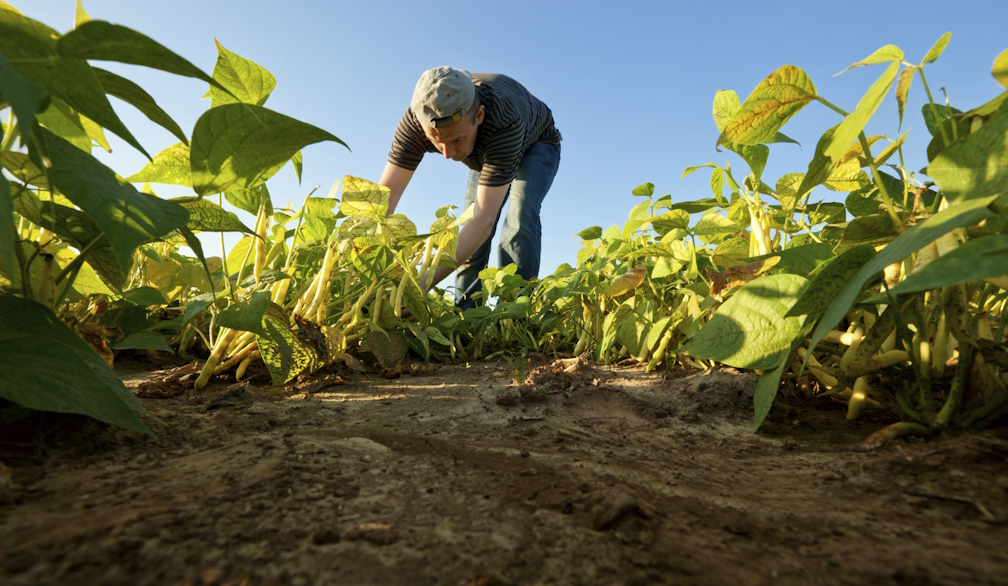Contribution of Australian horticulture industry report

A new report released last week confirms the Australian horticulture industry will be making an essential contribution to attaining the ambitious goal of $100 billion in national agricultural value by 2030.
Commissioned by Hort Innovation and delivered by The Centre for International Economics, the Contribution of Australian horticulture industry report predicts the sector will witness a 22.5 per cent increase in combined value by 2030, to reach $21.8 billion.
Jolyon Burnett, Chair of the NFF Horticulture Council, said the anticipated additional $4 billion generated by horticulture equated to half the value needed across the whole of agriculture to hit the $100 billion target on today’s figures.
“The horticulture sector, including fruits, vegetables, nuts and also our turf, nursery and garden industries, has experienced solid growth over many years, backed by strong demand and innovation, with this trend set to continue,” said Mr Burnett.
“We continue to punch well above our weight, being among the most efficient industries in converting valuable land, energy and water resources into more jobs and greater wealth across regional Australia.
“Opportunities of course abound to further grow the horticulture contribution, through expanded access to export markets and securing a more reliable and productive workforce.
“And with fewer than 1 in 10 Australians eating the recommended daily intake of vegetables, half eating enough fruit, and with diet-related chronic diseases currently the major causes of premature death and disability among adults in Australia, we feel as though we have not just an opportunity but responsibility to grow our domestic markets as well.
“These are all opportunities we need to address in partnership, particularly with state and federal governments, but also other organisations and businesses who share our goals.”
The report also provides an instructive snapshot into the important role of horticulture in four separate regional economies of Coffs Harbour, Mildura, Cairns and the Atherton Tablelands, and the Adelaide Plains.
“The Council welcomes the investment by Hort Innovation in foundational economic research to ensure there is a better shared understanding of the sector among all stakeholders, including industry advocates and all levels of government,” said Mr Burnett.
“Too often we are held back in deliberations by a want of evidence, and by extension, a lack of appreciation for what is a complex and dynamic industry. This is something all parties must address collaboratively.”
Additional insights
For every dollar of value the horticulture industry generates, an additional 27.6 cents is injected into the economy.
For every 100 jobs that exist in Australian horticulture, 21 more jobs are created in sectors such as wholesale trade, retail, transport and construction.
Direct employment in the horticulture industry is currently estimated to amount to 69,697 full time equivalent positions nationally.
The industry is expected to create more than 6,000 new full-time jobs by 2030.









